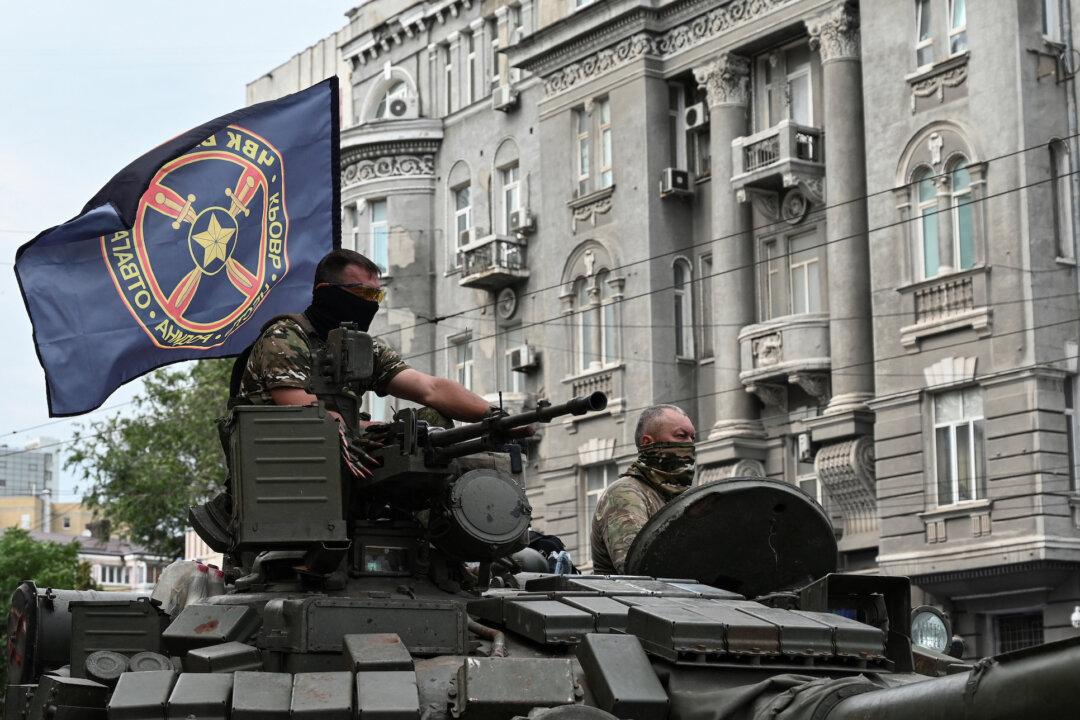The Russian defense ministry claims that the Wagner private military company is preparing to surrender its heavy weapons, but there is no indication the group intends to follow through on the order.
The defense ministry’s announcement comes just days after a mutiny by Wagner against Russia’s military leadership. The move is the first indication that Russian President Vladimir Putin may intend to disband the contractor group as a result of that rebellion.




